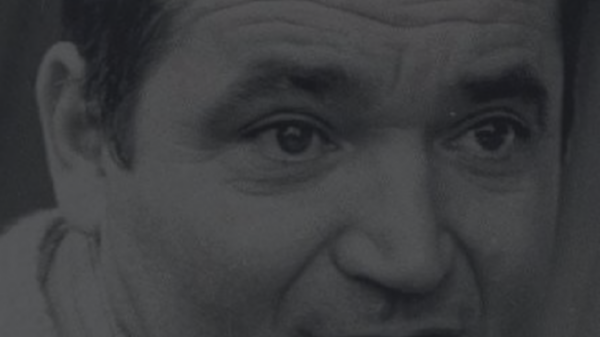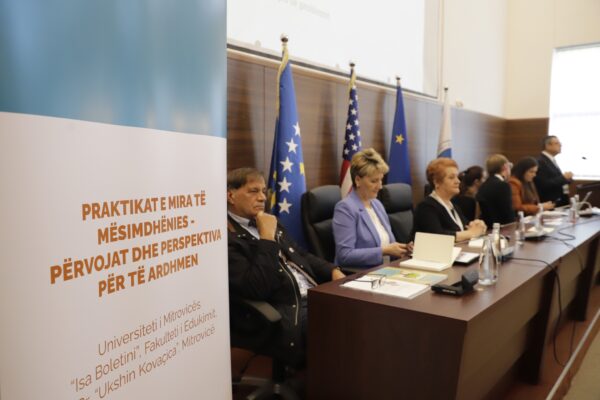Notice: Undefined property: WP_Error::$parent in /home/rtvmitrovica/public_html/app/uploads/cache/6ab6f7716a7631e82bc51722d4d2e2a6267eb261.php on line 14
TV Mitrovica
Opinion: Balkan nations, crypto-russianism and European Union
- 13/07/2021
- By RTV Mitrovica

Shkruan: Nexhmedin Spahiu*
(Arkiv: Opinioni është publikuar me datën 06.05.2015, në gjuhën angleze)
The west is trying to make the entire Balkan its own by adhering it into the European Union. Ironically, even Norway and Switzerland, which refuse to become EU members, make efforts for the European path of the Balkan nations.
But, in order for Balkan nations to become members of the EU, they must first reconcile with themselves. In this direction, the West is investing a lot. Perhaps, more efforts than the great powers in the 19th and 20th century to cause conflicts among Balkan countries.
The birth of the first modern nation in the Balkan, the Greek nation in 1829, is a result of political investments by Russia, England and France. Because of this, parties in the then Greek parliament were called: Russian Party, English Party and French Party. The battle for dominion of these powers is present even today within the Greek nation.
Russians, French and Germans have played their part in the birth of the Romanian nation (1859/1878). Meanwhile, the birth of the Bulgarian nation (1878/1908) is a result of the Russian and German efforts.
In this aspect, the Serb nation is a little more specific than the others, because in 1903, it takes Germans (Austro-Hungary) of its political life. Germans and Russians were the creators of the Serb nation (1804/1835/1878). The vacant place of the Germans (Austro-Hungary) was filled by the English and French.
The birth of the Albanian nation, Croatian and Bosnian may be considered as a German revenge against the Serb nation. The English and Italians to a smaller extent, besides Germans, played a role in the birth of the Albanian nation (1913).
If we color the maps of the Balkan countries with the colors of the great powers that have created them, then we can have a clear picture of the alliances and hostilities between Balkan countries during the 19th and 20th centuries.
Because the First World War was won by the English, French and Russians, the protectors/allies of the Serb nation, Serbia was expanded from Vardar to Trigllav and from Gjerdap to Adriatic.
The protectors/allies of the Albanian nation, the Germans and English fought among themselves and at the end of the First World War, Albania was neither made smaller, nor was it made larger. While the ranking of Albania alongside the Germans risked to make Albania disappear at the end of the First World War, the English (and the Americans) held on to it by considering it their political investment.
At the end of the 20th century, the destiny of the Serb nation is similar to the destiny of the Albanian nation during two world wars, meaning that their allies/protectors were on opposite sides of the war. Given that the winners of the Cold War (The West) demanded from the Serbs to give up on its policy “with the West and with Russia”, which they followed in a fanatical manner, the bombardment of Belgrade and the shrinking of Serbia (Yugoslavia) was needed to show that the West is a winner of the Cold War and that Serbia is no longer a country in between the West and Russia.
Internal Conflicts of Balkan Nations
When it comes to internal conflicts between Balkan countries, they are more accentuated in the case of Bulgaria, which have been best described by Prof. Dr. Anton Panchev. Pro Germanism and pro Russianism in Bulgaria fight for dominion for over a century.
While the period during two world wars, pro German forces dominated, the end of the Second World War found Bulgaria under the pressure of pro Russian forces. Now, Bulgaria is in the NATO and EU, but cryptorussianism is still powerful amid the low classes of society, as it’s also the case amid Greeks and Romanians who are also part of NATO and EU.
The division into pro Russians and pro Germans is also expressed in the mythology of the origin of Bulgarian ethnicity. While pro Germans claim that Bulgarians are non Slavs who have appropriated the Slav language, pro Russians claim that Bulgarians are nothing else but Slavs.
Although in the First World War Albania was formally declared neutral, almost all its politicians were on the side of the Axis, apart from Esat Pasha Toptani, who along with his army, was positioned with the Serbs alongside the powers that won the war. But Toptani was killed in Paris in 1920 and up to today, he’s considered a traitor of the Albanian nation.
The division of the Albanian nation started a little before the end of the Second World War. Albanians were divided into four political groups:
- The Second League of Prizren which had in it pro German nationalists from Kosovo, Western Macedonia and Northern Albania
- Zogists, supporters of King Zog, mainly from Central Albania, who were mainly pro English
- Frontists, who were Republican nationalists mainly from the South of Albania and who were pro English
- Communists-Partisans, mainly concentrated in the South of Albania, mainly pro Russian
The civil war in Albania was won by the communists, as they were the most Machiavellist group at that time in Albania. The same thing also happened in Serbia (Yugoslavia).
The triumph of the Serb partisans (Yugoslavs) was marked in the Battle of Neretva, the essence of which, according to the Croatian-American historian, Joza Tomasevic, was the cooperation of partisans and Germans to ambush tchetnics. After Neretva Battle, the Tchetnic Movement, which at that time received aid from the English and Americans, was almost destroyed. Instead of the tchetnics, Serb partisans started to receive English and American aid.
As winners of the civil war, communists in Albania and also in Serbia (Yugoslavia) were declared all opponents as collaborators of the invader-those who were genuinely so, but also those who “flirted” with the Germans. They accused them of war crimes, even though they committed crimes which were much crueler.
The difference between Albanian and Serb communists consists of the fact that Albanian communists offered a small Albania for all their rivals, while Serb communists offered a larger Serbia from its rivals: nedicevacs and tchenics (The King).
With the fall of communism in Albania, the descendants of the partisans gathered around the Socialist Party while the descendants of other political forces from the Second World War gathered around the Democratic Party.
The situation is similar in Bulgaria and Romania, where pro russianism is expressed more in the form of crypto russianism more than in politics, as it’s the case in Serbia between Seselj radicals and Kostunica democrats.
The English are the ones that bond the Albanian nation and the Serb nation, because as we saw above (along with Germans), they played their role on the Albanian nation and (along with the French and Russians) on the Serb nation and it’s no surprise that Tony Blair is an advisor to both Aleksandar Vucic and Edi Rama. What’s interesting is the fact that Edi Rama chairs the party of his predecessors who have been pro Russian, while Vucic is a former radical (former pro Russian).
Howver, the reconciliation between the Balkan people cannot be made only with a political movement of the heads of states, but with a true historical confrontation and an apology not only between Balkan nations, but also within these nations.
*The author is a professor of political sciences at AAB University in Pristina, former professor at the University of Tirana, Tetovo, Pristina and University of Hamburg.









